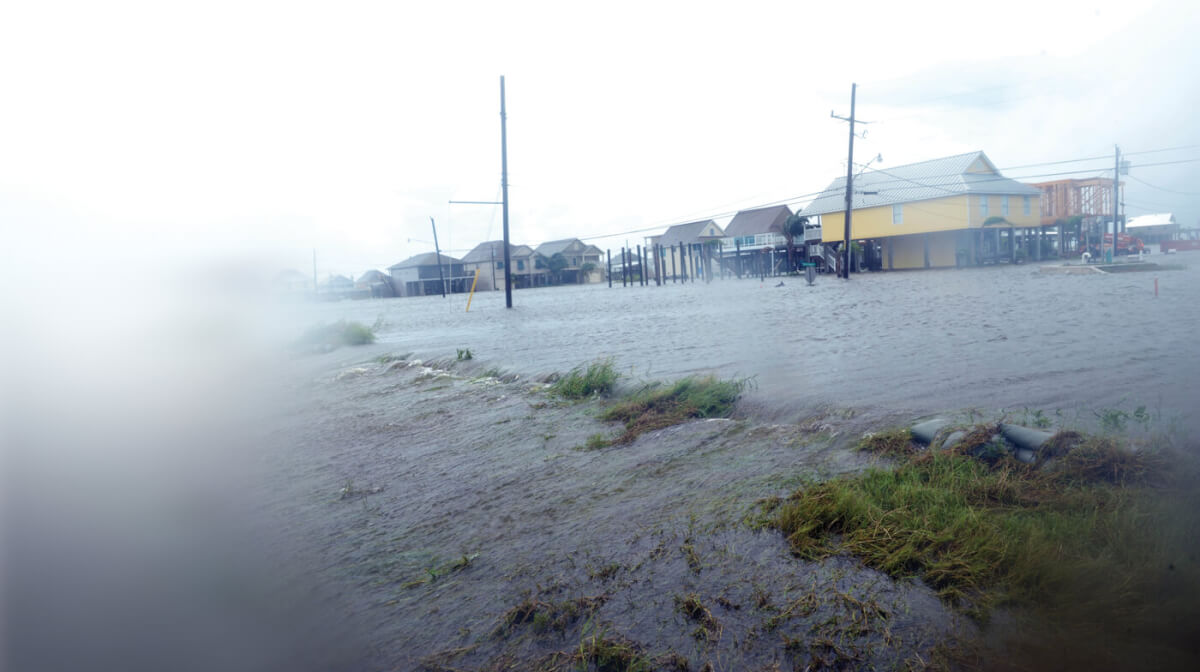Theodore Roosevelt, 26th president of the United States, was known as a man of action. He is quoted as having said, “In any moment of decision, the best thing you can do is the right thing, the next best thing is the wrong thing, and the worst thing you can do is nothing.”
It’s good advice that sounds like common sense, but how many times have we fallen into the trap of doing the “worst thing” because we put a decision off until it was too late?
Sometimes, all that lacks between making a choice and acting on it is the sense of urgency we need to push us over the top.
For the residents of southern Louisiana, urgency hit in mid-August and erupted into the most devastating natural disaster to hit the United States since Hurricane Sandy pummeled the East Coast in 2012. (And, by the way, things are still not back to normal in many of the areas hit by that storm.) While there were surely many people in Louisiana who had made some preparations before the storm hit, there were probably thousands more who thought about getting prepared … but did not.
Some of the reasons for this could be:
We’ve had bad storms before, but we’ve never had significant flooding.
The 2016 Louisiana flood was a one-in-1,000-year event, making it pretty unlikely that anyone in the area had experienced anything similar in their lifetime.
If the water starts to rise, we’ll have enough time to get to higher ground.
With rainfall rates reaching 2 or 3 inches per hour in the areas worst hit, low-lying terrain was inundated more quickly than anyone anticipated. The town of Watson received more than 31 inches of rain during the storm, and the whole state received more than 7 trillion gallons of water—more than three times the amount dumped on Louisiana by Hurricane Katrina.
We can go to a shelter when things get bad.
First, you’ll have to get there. Of the more than 30,000 evacuees, approximately 11,000 were able to make their way to shelters. Imagine how many more tried but couldn’t make it to one of the 70 shelters that were set up. Had it not been for first responders, military and National Guard units, and a load of volunteers, including the “Cajun Navy,” many people wouldn’t have gotten to shelters, and the death toll would certainly have been higher.
By not having a plan and acting on it early enough, many people unnecessarily put themselves in harm’s way and endangered the lives of those who came to their aid. The thing is, of the three choices in Teddy Roosevelt’s quote, we have the ability to consistently make the right choice.
Regardless of the nature of the disaster we will eventually face, concentrating on the basics of survival will prepare us for a wide variety of scenarios. Addressing our needs for food, water, shelter, health, security and communication will put us in the elite group that has a plan —as well as the wherewithal to act on a moment’s notice.
Now that you’ve added the information in this American Survival Guide article to your knowledge base, you’re armed with more know-how, gear insights and practical advice.
That’s a good step. You have a leg up on those around you who will be wishing they had been more organized and planned ahead to provide for their needs when the SHTF.
Bully for you!


